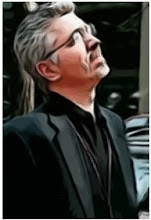
You'll find the Emily Dickinson poems that we'll be discussing in class here. Stay tuned for which poems we'll be discussing on which day (9/25 and 9/30).
If you really dig Emily Dickinson, you can browse through her collected poems online.


| You settled your head athwart my hips and gently turned over upon me, |
| And parted the shirt from my bosom-bone, and plunged your tongue to my barestript heart, |




